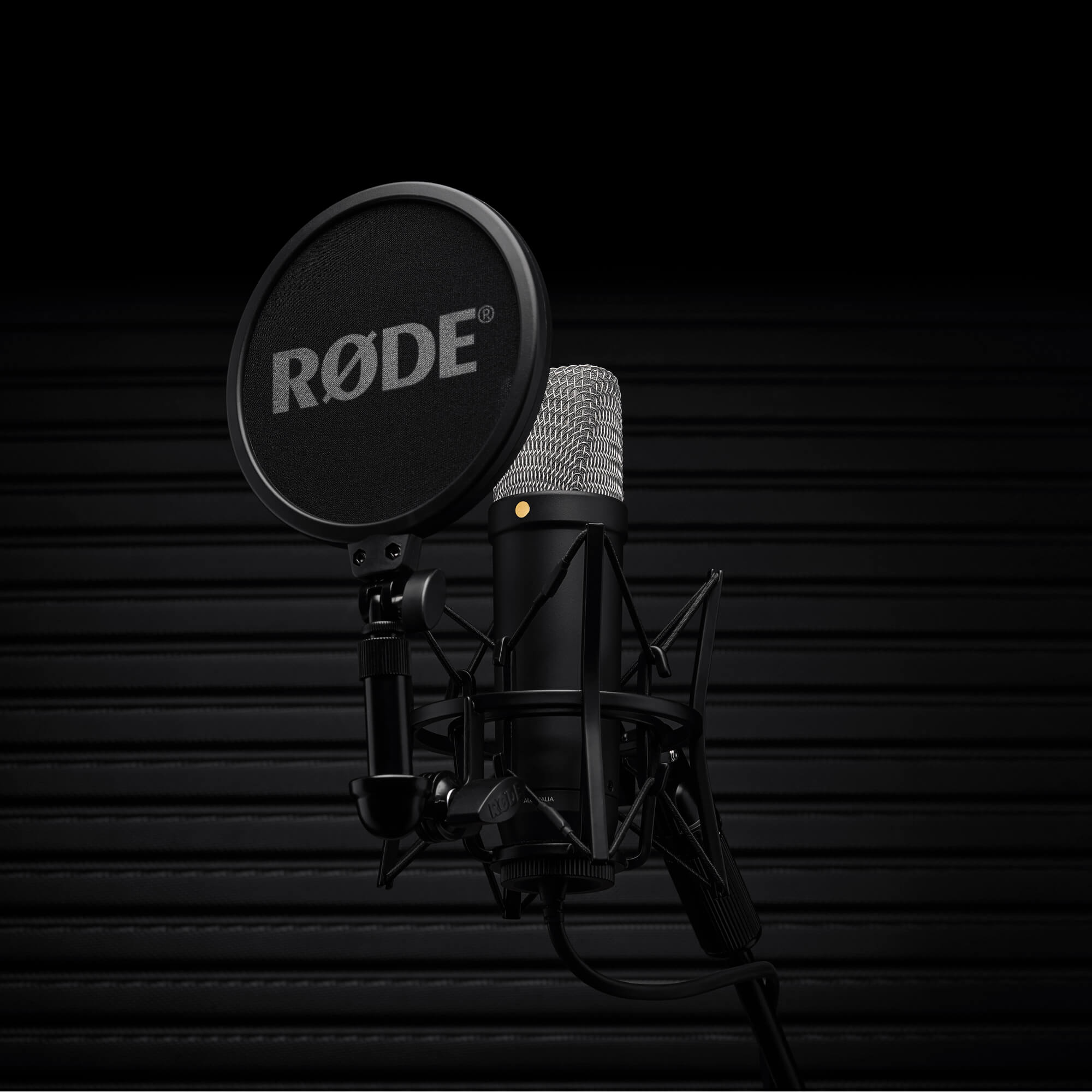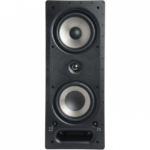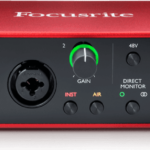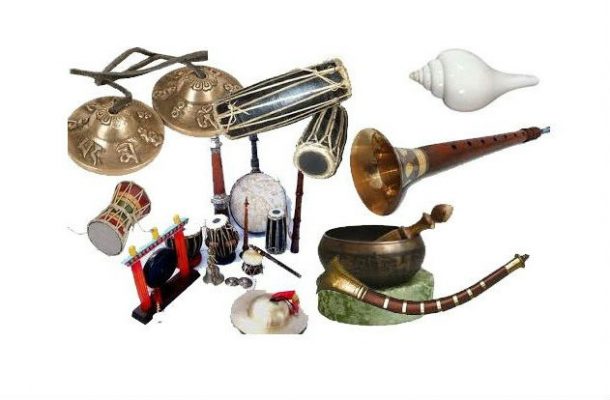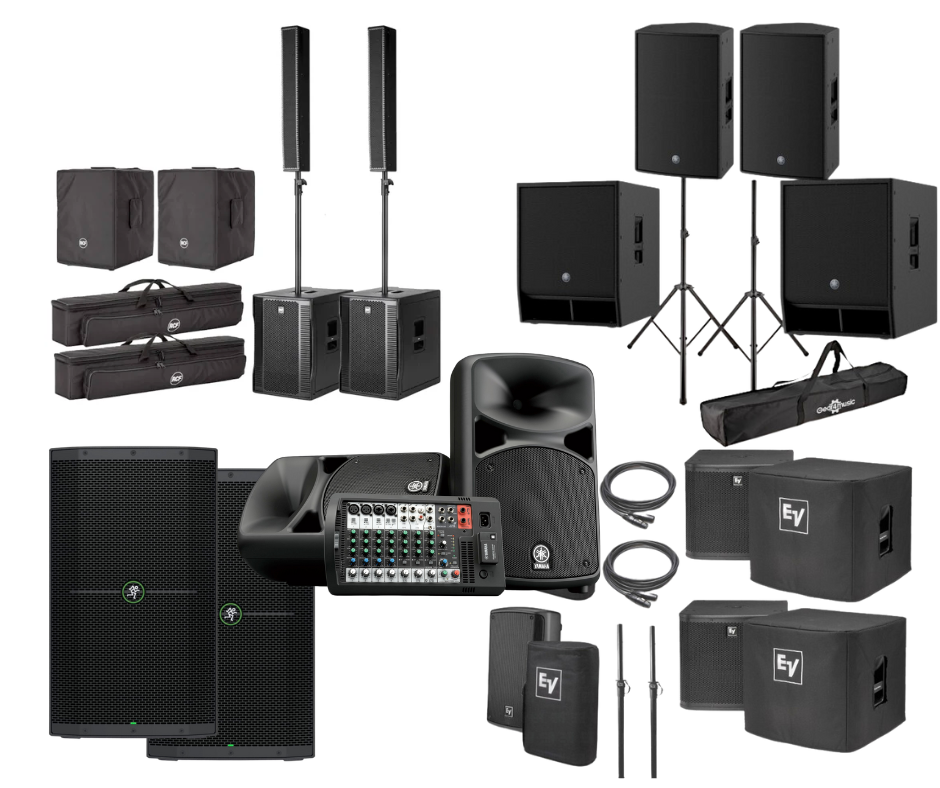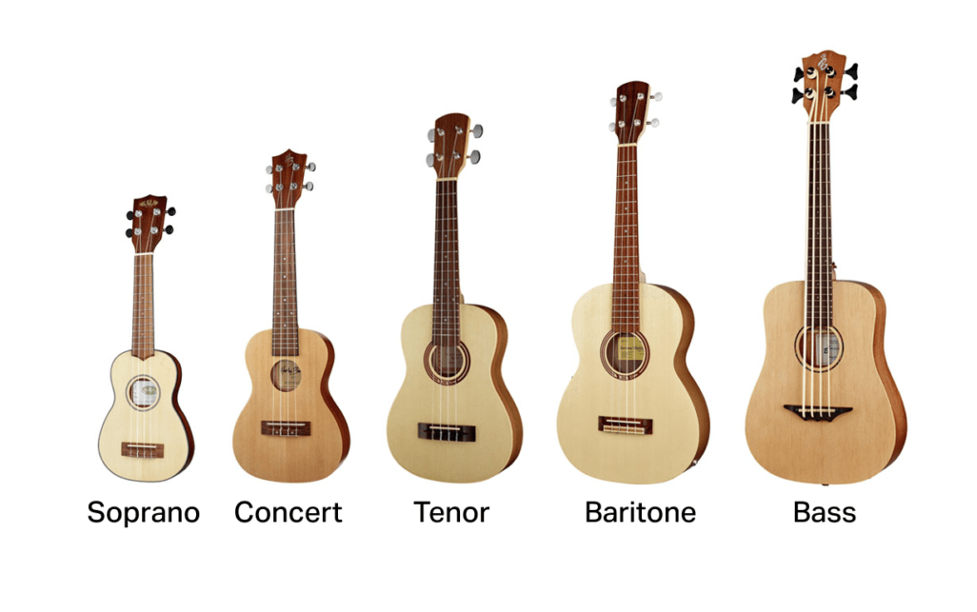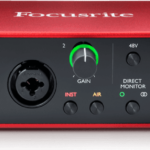
AudioShopNepal is a top source for authentic multi-brand audio equipment, catering to musicians, audio fans, and professionals alike. With a focus on quality and authenticity, AudioShopNepal provides a comprehensive selection of audio gear, including Acoustic vs Classical Guitar, to appeal to a variety of musical tastes.At AudioShopNepal, you can explore a large range of classical and acoustic guitars that have been carefully handpicked to fulfill the requirements of both beginners and seasoned players. The company takes pleasure in supplying authentic instruments from respected companies, giving clients access to instruments of high quality and workmanship.
AudioShopNepal provides the perfect nylon-stringed instrument for classical guitarists or a flexible, resonant acoustic guitar for acoustic guitarists. Players of different skill levels may choose a guitar from a wide range of prices. Acoustic vs. classical guitar: This blog explains the basic differences between acoustic and classical guitars. Let’s begin with :
Acoustic Guitar
Acoustic guitars, which are members of the string family of musical instruments, make sound when their strings are plucked, and the ensuing vibrations travel from the bridge to the guitar’s top. Metal strings are often used on acoustic and electric guitars. The soundboard or top of an acoustic guitar greatly influences its loudness. The acoustic guitar’s hollow body provides additional coupling and resonance, increasing the efficiency of energy transmission at lower frequencies. A variety of pickups or microphones may be used to amplify the sound of an acoustic guitar. These adaptable instruments have a wonderful power to evoke emotions via their vast spectrum of tones, making them highly valued by Nepalese artists and music aficionados.
Acoustic guitars are offered at a variety of pricing ranges at AudioShopNepal, catering to both beginners and expert musicians. Whether you’re strumming ancient songs or inventing current melodies, AudioShopNepal is the place to go for the best acoustic guitar for your musical needs.
Classical Guitar
The classical guitar, often known as the nylon-string guitar or Spanish guitar, is an elegant and traditional instrument. Its nylon strings and excellent workmanship set it apart. The phrase “modern classical guitar” is frequently used to distinguish it from older forms of the instrument, which are generally referred to as classical or early guitars. The soundboard and resonating chamber of the guitar, being an acoustic instrument, play an important role in amplifying the sound generated by plucking the strings.
Unlike other acoustic guitars, which employ metal strings, classical guitars use nylon strings or nylon strings wrapped with metal. These nylon strings, like their predecessor gut strings composed of ox or sheep gut, have a lower tension than steel strings. AudioShopNepal understands the fascination of classical guitars and has assembled a range that highlights their unique beauty. The business sells classical guitars that capture the spirit of Nepali music and beyond, making them suited for both beginners and seasoned performers. At AudioShopNepal, you may immerse yourself in the delicate tones and outstanding workmanship of classical guitars.
Acoustic vs Classical Guitar
While both instruments are members of the same family and have similarities, they also have distinguishing features that define them distinctive. Let’s look at the distinctions between Acoustic vs Classical Guitar:
-
String Types:
- One of the most noticeable differences between acoustic and classical guitars is the string type. Steel strings are often used in acoustic guitars, producing a bright and vivid tone. Classical guitars, on the other hand, use nylon strings, which provide a softer, more mellow tone. The choice between steel and nylon strings has a significant impact on the playing style and musical genres that fit each instrument.
-
Neck Width and Shape:
- A guitar’s neck has a considerable influence on playability and comfort. Classical guitar necks are often broader and flatter, allowing for simpler fingerstyle playing and complicated chord progressions. Acoustic guitars often have thinner necks that are better suited for strumming and playing with a pick. The form and contour of the neck change as well, adapting to varied playing approaches.
-
Body Design:
- The body designs of acoustic and classical guitars differ. Acoustic guitars often have a bigger, hollow body to increase resonance and loudness. Because of this, they are ideal for projecting sound in live events and group situations. Classical guitars, on the other hand, feature a smaller, more compact body form known as a “classical” or “Spanish” design. Classical guitars with this style emphasize tone warmth and clarity, making them excellent for solo performances and intimate situations.
-
Playing skills and Musical Styles:
- The decision between acoustic and classical guitars is sometimes influenced by the musical style and playing skills desired. Acoustic guitars flourish in genres such as folk, country, pop, and rock, which include strumming, flatpicking, and dynamic playing. Classical guitars are usually linked with classical music, flamenco, bossa nova, and other fingerstyle-driven genres because to their nylon strings and fingerstyle-friendly necks.
-
Personal taste and creative Expression:
- Acoustic or classical guitars depend on personal preference and creative expression. Some artists favour acoustic guitars for their flexibility and power, while others prefer classical guitars for their refined tones. Exploring both instruments may help artists discover their own features and preferred self-expression.
Personal preference, playing style, and musical genres are all factors in deciding between acoustic and classical guitars. Acoustic guitars are famous for strumming and performing in various music genres due to its steel strings and flexible tone. Classical guitars are prized for their warm and expressive tones in classical and fingerstyle genres because to their nylon strings and traditional construction. Whichever route you choose, both acoustic and classical guitars provide a world of creative possibilities and limitless opportunities for creativity.
Check out our other blogs as well.

